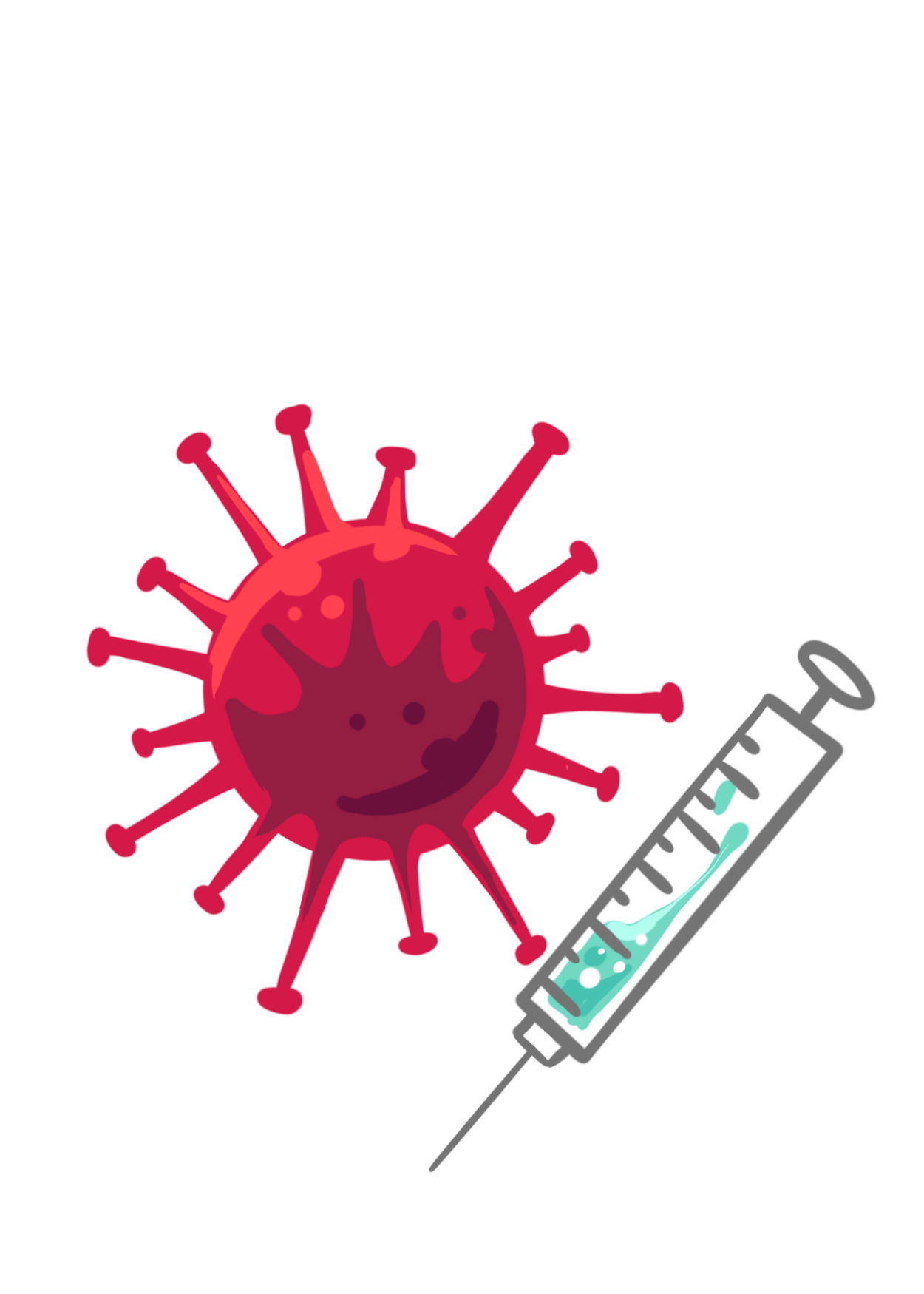Yale receives $10 million to study COVID-19 pathogenesis and its long-term effects
Yale researchers at the School of Medicine studying the pathogenic mechanisms and long-term effects of COVID-19 receive HHMI grant to further support their collaborative studies.

Ariane de Gennaro
In a donation to fund research that delves deep into the viral origin of SARS-CoV-2 and the lingering effects of COVID-19, the Howard Hughes Medical Institute has granted $10 million to researchers at Yale.
HHMI recruits and funds investigators at host universities. This funding will aid two projects run by Yale HHMI researchers. One project at the School of Medicine is attempting to learn more about different features of COVID-19 pathogenesis and is a collaborative effort among the labs of Richard Flavell, Sterling professor of immunobiology; Akiko Iwasaki, professor of immunobiology and epidemiology; Pietro De Camilli, professor of neuroscience and cell biology; and Anna Marie Pyle, Sterling professor of molecular, cellular, and developmental biology. The second project is investigating the causes and effects of long COVID-19 –– the range of symptoms that can last weeks or months due to initial infection. This project is led by Iwasaki and Ruslan Medzhitov, Sterling professor of immunobiology.
“We are involved in two projects, one on the mouse model of chronic COVID, and the other on the analysis of disease pathogenesis of long COVID patients,” Iwasaki wrote to the News. “The four labs had collaborations with one another prior, but this funding has enabled us to work closely together on this important topic.”
For the first project, there are four different components that the labs are tackling individually and then consolidating their findings into possible new discoveries in COVID-19 pathogenesis. The De Camilli lab is investigating the proteins that control the expansion of cell lipid bilayers, which is integral to the cell membrane. In order for viruses to reproduce, the cell membrane must grow its lipid bilayer. The Pyle lab is researching the characteristics of COVID-19 viral RNA that elicit continuous and persistent immune responses from host organisms.
The Iwasaki lab is developing a new mouse model to unveil the pathological role of autoantibodies found in COVID-19 patients. Autoantibodies are immune response cells that attack the host individuals’ cells and are responsible for the autoimmune responses that can debilitate COVID-19 patients. Finally, the Flavell lab is using a humanized mouse model to study the role of antibodies in macrophage activation in COVID-19. Macrophage activation is the sequence of signaling that induces the activity of immune cells that engulf target cells. Uncontrolled macrophage activation in COVID-19 patients can lead to respiratory issues and potential patient death.
“The huge benefit of this new initiative was to bring four labs together that had not all worked previously together on COVID-19,” Flavell wrote to the News. “We genuinely feel that many very good things will come from this that probably otherwise wouldn’t have happened.”
For the second project, Iwasaki and Medzhitov are studying the underlying pathogenesis of long COVID-19. They hypothesize that long COVID symptoms are driven by autoimmune responses elicited by the viral infection in addition to chronic immune response to remnants of the virus. Iwasaki notes that this project involves many other key partners beyond the two HHMI labs including Harlan Krumholz ’80, professor of medicine and public health policy.
Iwasaki added that the HHMI funding has enabled the expansion of the long COVID-19 study cohort to study three cohorts of long COVID-19 patients with different study designs to address how the SARS-CoV-2 virus infection leads to over 200 symptoms involving numerous organ systems. The researchers of this project regard the patients as equal partners and invite patients to participate, give feedback and receive information regarding their immune and metabolic phenotyping.
“The HHMI investigators are the best of the best — and the competition is keen,” Krumholz wrote to the News. “What distinguishes the program is the deep investment in individuals and the encouragement for them to follow their creativity — but with the knowledge that to renew, they will need to be accountable and demonstrate progress. I wish there were similar programs for non-basic science researchers.”
Pyle has been a Howard Hughes Medical Investigator since 1997.







